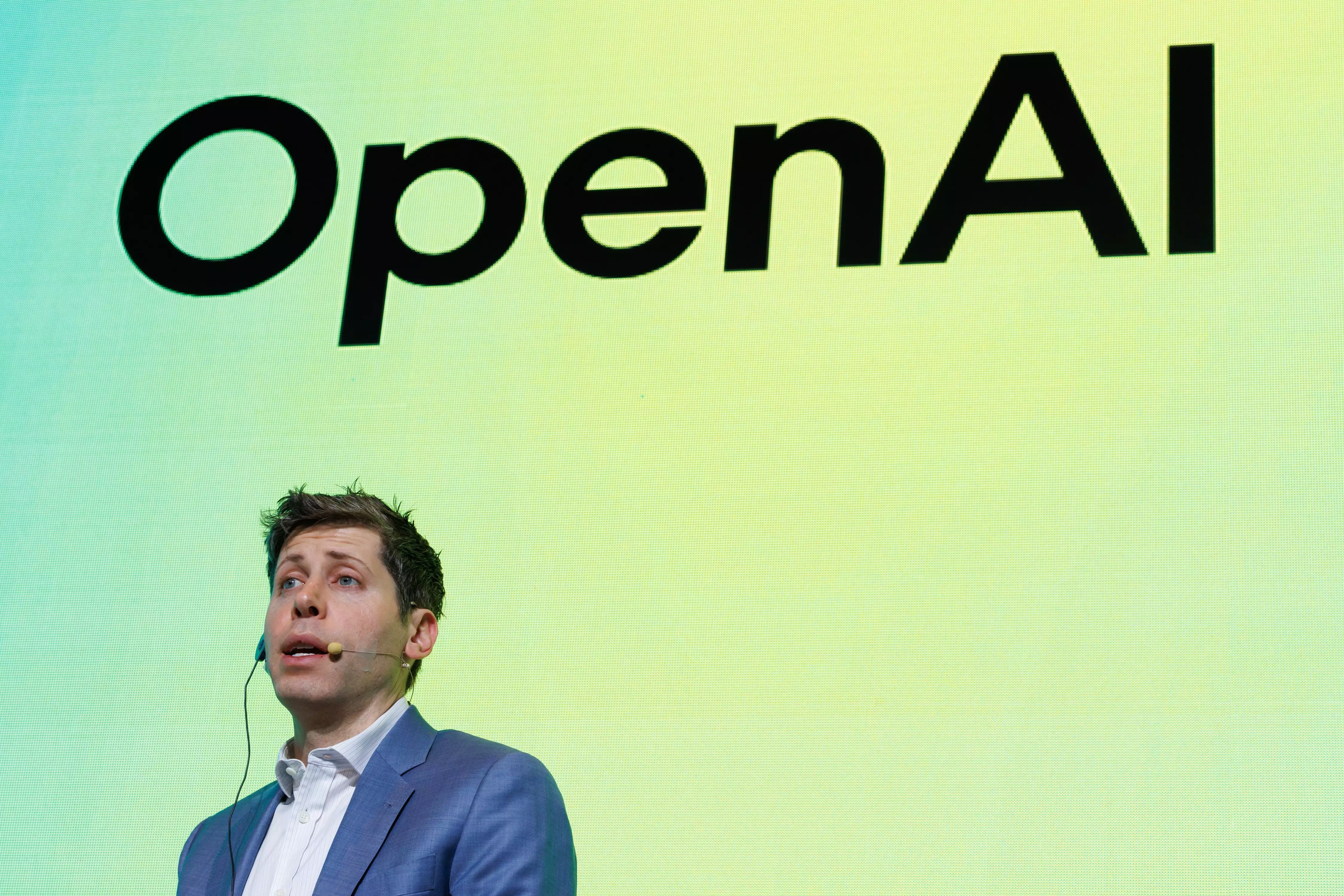Chief Minister A Revanth Reddy visits Google Safety Engineering Centre after inaugurating it in Hyderabad on Wednesday Photo | Sri Loganathan Velmurugan
HYDERABAD: In a landmark move for Hyderabad’s digital landscape, Google inaugurated its first Google Safety Engineering Centre (GSEC) in the Asia-Pacific region — and only the fourth globally — in Hyderabad on Wednesday. Chief Minister A Revanth Reddy inaugurated the facility along with IT Minister D Sridhar Babu, MP Mallu Ravi, and Special Chief Secretary Jayesh Ranjan.
The launch follows Google’s unveiling of its “Safety Charter for India’s AI-led Transformation” in Delhi on June 17. GSEC will focus on three key pillars: protecting users from online fraud, securing enterprise and government infrastructure, and building responsible AI. It will also act as a strategic hub for developing safety solutions for the broader APAC region.
The centre will use AI and large language models (LLMs) to drive real-time scam alerts via Gemini Nano on Android, enhance fraud detection across Google services like Pay, Search, and Gmail, and strengthen Google Play Protect. It will also address AI misuse through adversarial testing, red teaming, and content watermarking with SynthID.
Stating that GSEC will make Hyderabad proud, the chief minister appreciated Google’s corporate philosophy of “Do No Evil.” “Like them, my government is also committed to the wellbeing of the people through long-term vision,” he said. “I commend Google for selecting Hyderabad as a hub for advanced cybersecurity.
This centre will boost skill development, create jobs, and enhance India’s cyber defence,” he said. “Telangana is now a top destination for global investors. We are advancing with our vision of ‘Telangana Rising’ and aiming for a one-trillion-dollar economy by 2035,” he added.
In a lighter vein, Revanth remarked, “Women in the state are the competitors of Google, as we are working to empower one crore women to become millionaires and have allocated 2.5 acres for women’s SHG stalls next to the Google office.”
“Google has had deep roots in Hyderabad since 2007, with 7,000 employees. Our collaboration spans education, traffic, startups, and more,” he said. “From inclusive hiring to skilling youth through Young India Skills University, we are focused on a future where everyone thrives. I congratulate Google and am confident GSEC will make Telangana proud,” Revanth said, adding, “I invite Google to be a brand ambassador for Telangana and help shape a brighter, more secure digital future for all.”
IT Minister Sridhar Babu said, “We must not merely wait for the future — we must build it with foresight and responsibility.” Highlighting Telangana’s tech leadership, he added, “Hyderabad is not just a city; it’s a vision of the future, attracting top global tech giants and generating over `2.68 lakh crore in IT exports, with 40,000 new jobs in 2024–25 alone.”
He called the GSEC launch a timely boost to Hyderabad’s global tech profile. “As AI grows, cybersecurity challenges multiply. This centre is essential. I urge Google to extend its impact to rural areas, where digital literacy needs to be strengthened.”
“Our goal isn’t just Digital Telangana 2.0, but a Safe Digital Telangana 2.0,” he said, noting the state’s school-level internet safety initiatives and inviting other tech leaders to collaborate, like Google.
Preeti Lobana, VP of Google India, said, “To power India’s digital growth, we must build trust. GSEC brings global expertise in AI and cybersecurity to strengthen user safety.”
Heather Adkins, VP of Engineering, Google Security, added, “GSEC India will serve as a lighthouse for global digital security, especially in narrowing the gap between defenders and attackers through AI.”
Speaking to TNIE about the operation of the centre, Google spokesperson Gouri Juneja said: “There will be dedicated teams for tech detection, fraud detection, and technologies using AI. They will work on the three main areas — cybersecurity, end-user safety, and building AI responsibly.”








